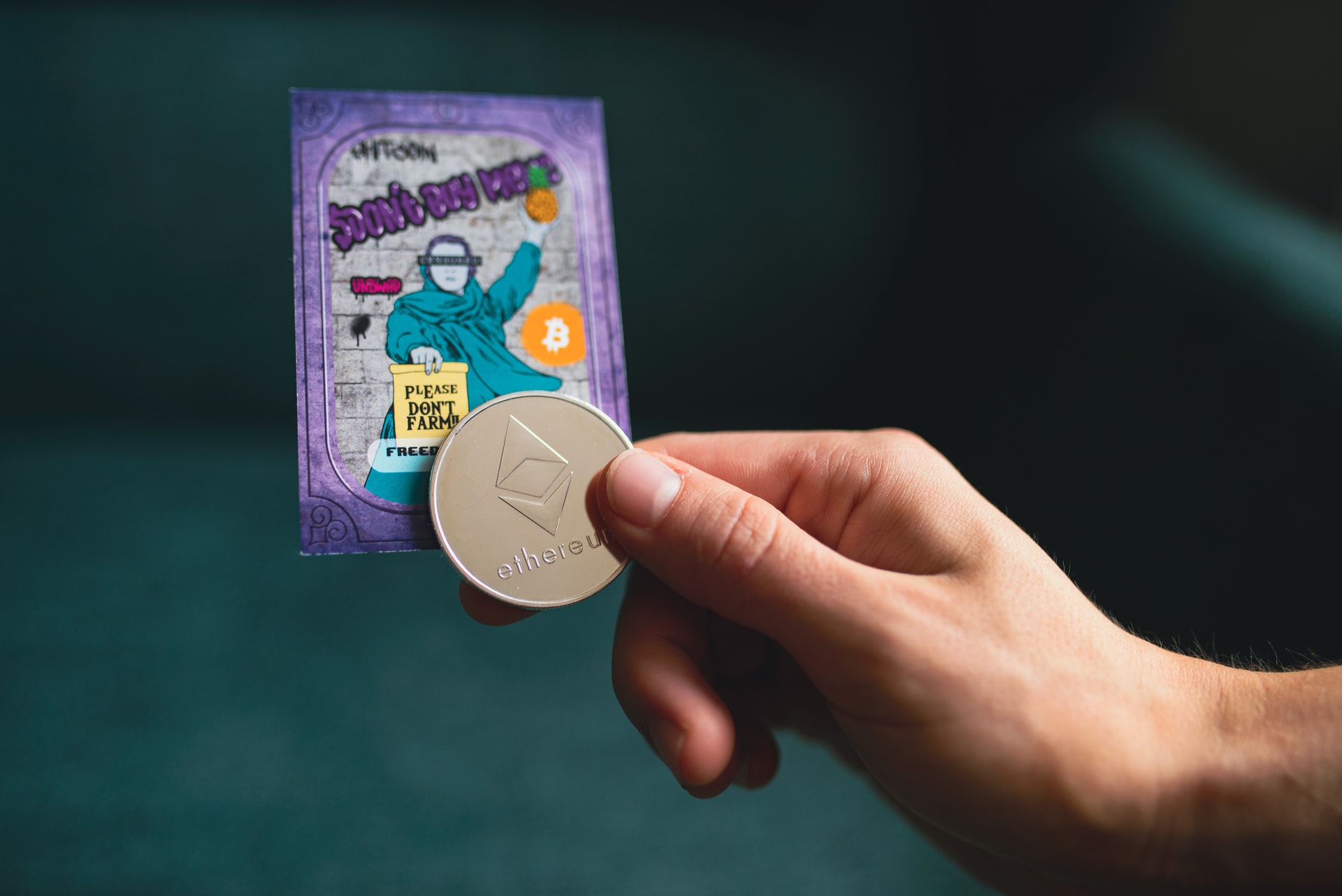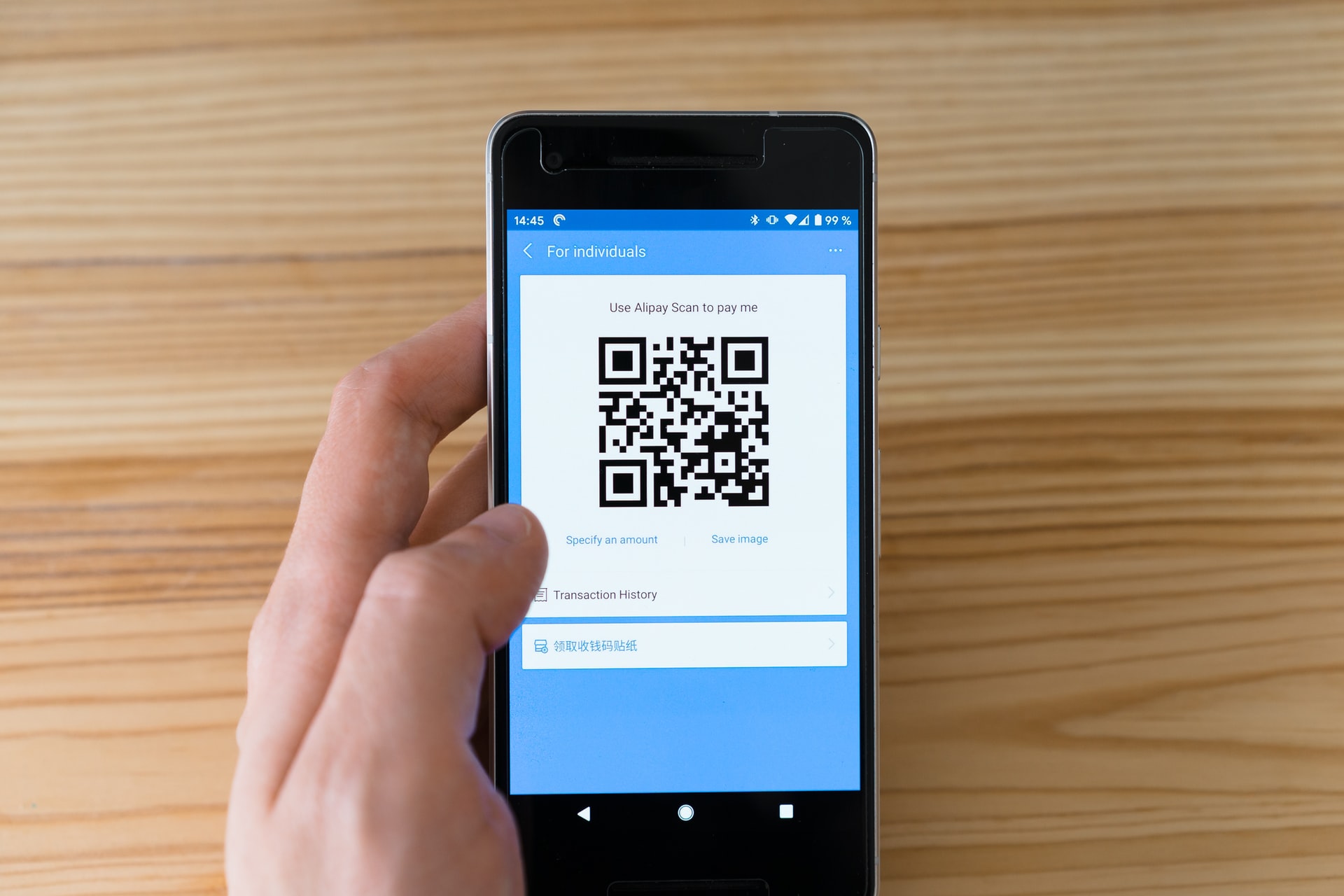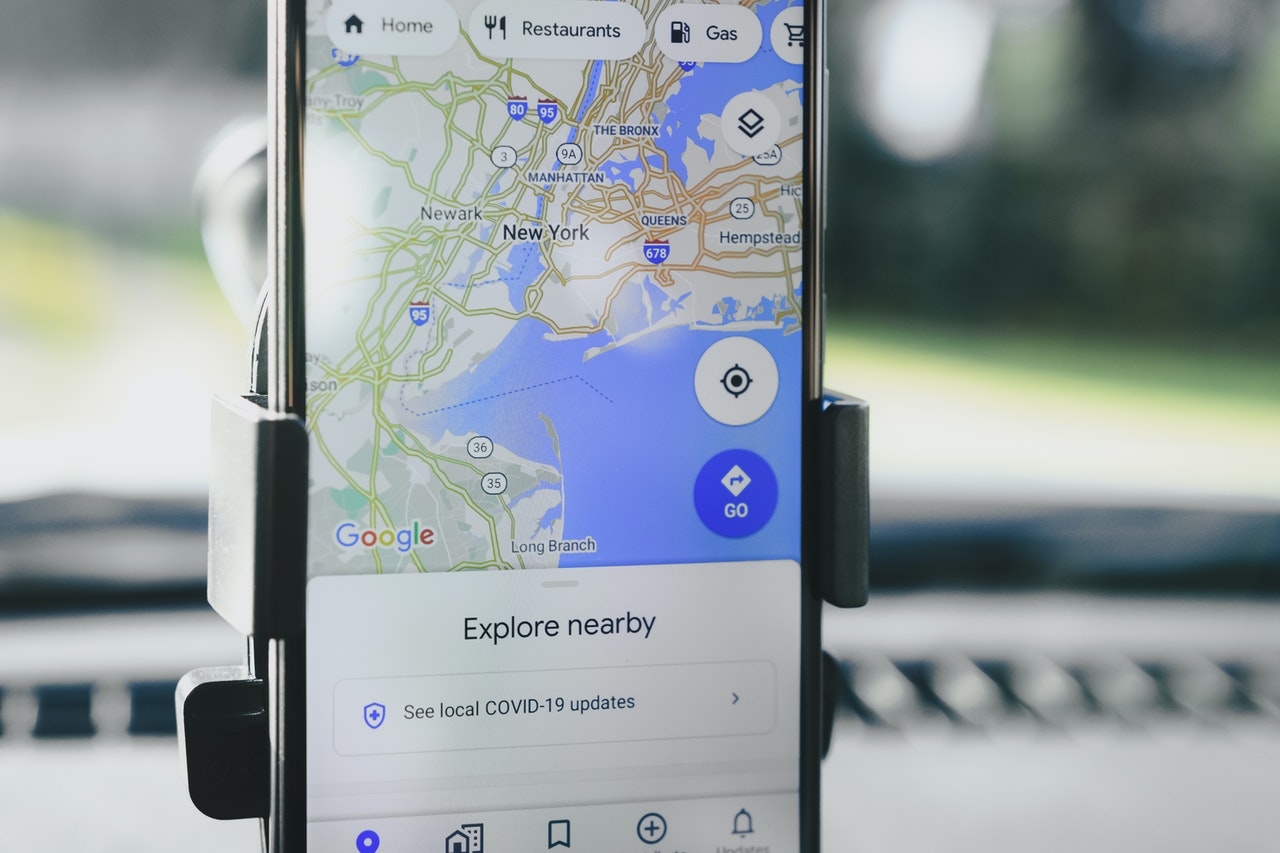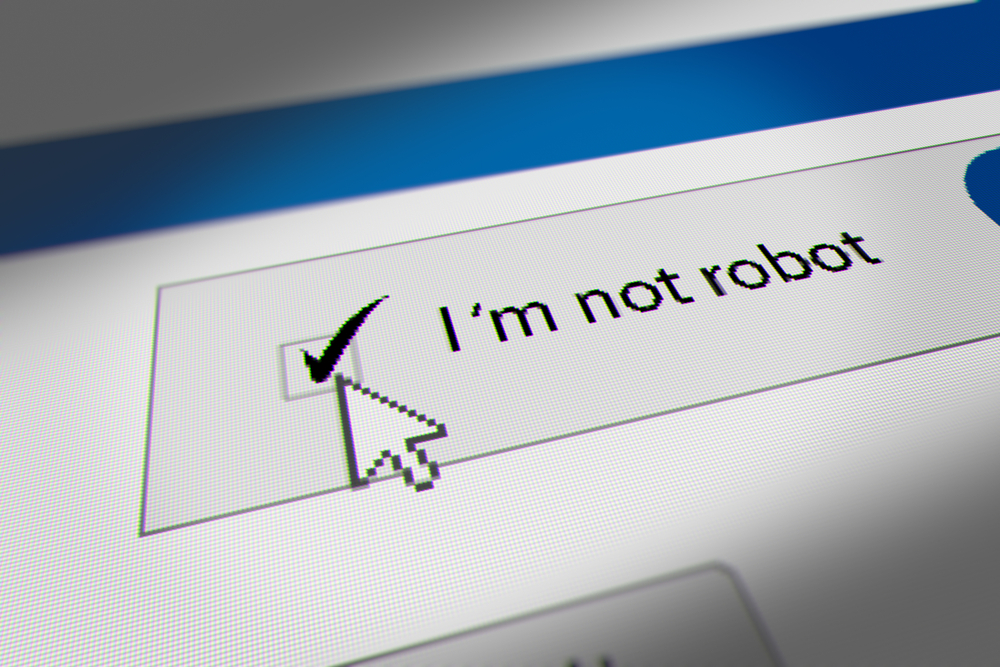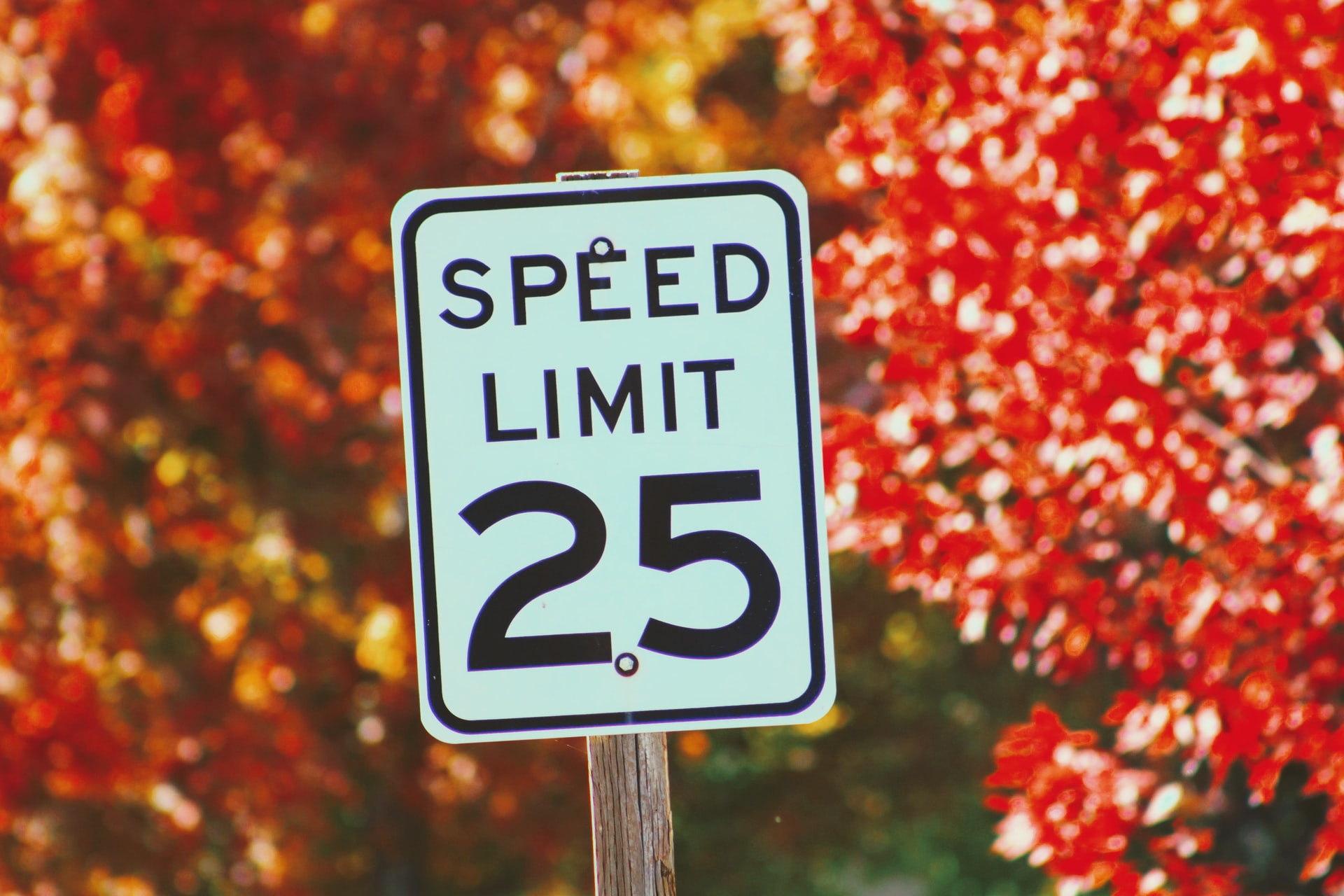Reading Time: 2 minutes
- Facebook bought WhatsApp for around $20 billion in 2014.
- Since then, Facebook has always maintained that some data exchange happens from WhatsApp to FB.
- But FB has also said that the messages are end-to-end encrypted for everyone using a version dating 2 April 2016 onwards.
- This means previously, as well as now, messages can’t be read by FB or any third party.
- However, the current policy alerts the users that any user can take screenshots and, therefore, share the content and WhatsApp will not be liable for such occurrences.
- It also suggests that when we interact with a Business (an airline, e.g.), WhatsApp takes no guarantee that this business wouldn’t store our information, or wouldn’t share it with third-parties including FB for advertising or other purposes.
- At the device & connection level, battery level, signal strength, and service provider are three pieces of additional information that WhatsApp will collect now under the new policy.
- Additional device identifiers are mentioned in the new policy (vaguely), and experts believe these will aid FB in its targeted advertising on FB platforms including Instagram.
- When you receive spam, and you “Report” it, WhatsApp will collect information on both the reporting user and reported user, as per the new policy (this was missing in the previous – Jul 2020 – policy).
- This change, the policy claims, is to ensure better security and better protection against spam.
- “Facebook companies” has been added as an example of the third-party service providers who may have access to our data, but no major change has been made in what data would be collected, claims the policy.
- On the cross-FB-platform sharing, the policy does mention that WhatsApp will use the information to improve the user experience by making friend & content suggestions, personalizing features & showing relevant offers and ads.
- Since WhatsApp has rolled out payments in a few countries, it will now process the payment method and account information, which is standard practice for all online platforms that process payments.
- Over and above these and a few more changes, the Jan 2021 policy differs from the Jul 2020 policy in the detail it contains – each point has been elaborated to ensure WhatsApp is legally covered (e.g., screenshot in point 5 above, and the word ‘precise’ before location tracking).
- It is mandatory for the users to accept this new policy by 8th Feb 2021 for them to continue using WhatsApp.
* Note: This broad outline on the Jan 2021 policy has been prepared by comparing it with the July 2020 policy. We don’t claim it to be good or bad for the users. The users are advised to use their own discretion to stick to WhatsApp or move to another platform.
Image courtesy of Anton through Pexels
Reference shelf :








